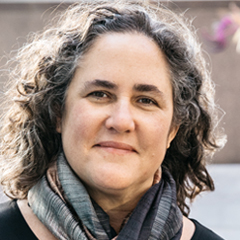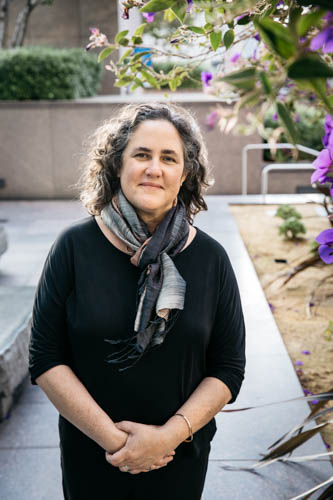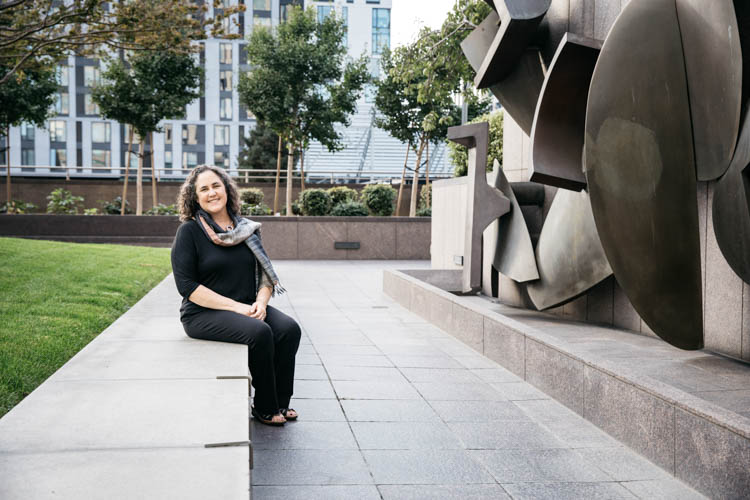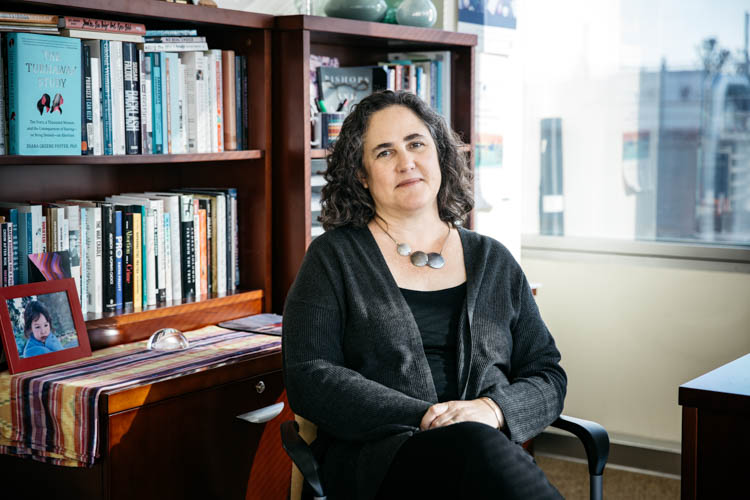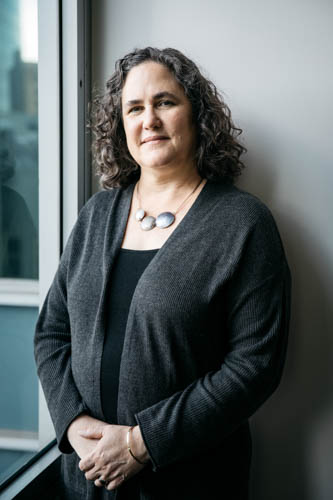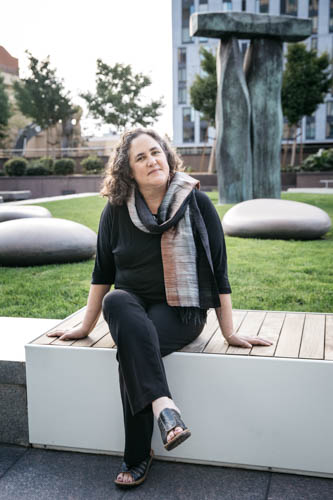About Diana’s Work
Diana Greene Foster is a demographer and reproductive health researcher building a body of evidence on reproductive healthcare practices, access, and outcomes. She is filling a void in our understanding of how reproductive health policies impact an individual’s physical, mental, and socioeconomic well-being.
Foster’s quantitative and qualitative studies of contraception and abortion care center patients’ needs and preferences. For example, she has demonstrated that providing a year’s supply of oral contraceptives (rather than requiring monthly refills) reduces unintended pregnancies and is more cost effective in the long run. Foster is best known for the Turnaway Study, which investigated the physical, mental, and financial effects of abortion on women’s lives. Her innovative design overcomes the limitations of similar studies that compared women who received an abortion to women who gave birth, regardless of whether the pregnancy was wanted or if the woman had sought an abortion. Foster and collaborators recruited 1,000 women from thirty clinics across the United States, all of whom wanted an abortion. Some were denied abortions because of they were just over the clinics’ gestational age limit. The study followed participants over five years, and data was collected via telephone surveys, credit and death records, and in-depth interviews. Over 95 percent of those who received an abortion said that it was the right decision for them at the time and over the next five years. Foster and collaborators found no evidence of mental health deterioration after receiving an abortion. Women receiving abortions reported less chronic pain and rated their overall physical health higher than women who were denied abortions. Women who received abortions were less likely than those denied abortions to report living below the poverty level, being unemployed, or receiving temporary financial assistance six months after seeking care. Credit reports confirm that those who were denied an abortion continued to experience negative financial effects for years. Study findings and participants’ personal narratives reveal that for many, having access to abortion services allowed them to extricate themselves from abusive relationships, take care of existing children, and have intended pregnancies later under better circumstances. The Turnaway Study has resulted in more than 50 research articles and a book, The Turnaway Study: Ten Years, a Thousand Women, and the Consequences of Having—or Being Denied—an Abortion (2020).
Foster is now working with colleagues in Nepal to study abortion in global contexts. In addition, she is engaged in a two-year study to better understand how people needing abortion care are navigating the confusing patchwork of state laws after the U.S. Supreme Court’s decision to overturn Roe v. Wade. Foster advances our understanding of family planning policies and gives clinicians and policymakers rigorous evidence about how providing or denying reproductive healthcare affects people’s lives.
Biography
Diana Greene Foster received a BS (1992) from the University of California at Berkeley and a PhD (1998) from Princeton University. She is currently a professor in the Department of Obstetrics, Gynecology, and Reproductive Sciences at the University of California, San Francisco. She has authored over 120 scientific papers in such journals as American Journal of Public Health, JAMA Psychiatry, JAMA Pediatrics, BMC Women’s Health, Contraception, and PLoS One.
Published on October 4, 2023







